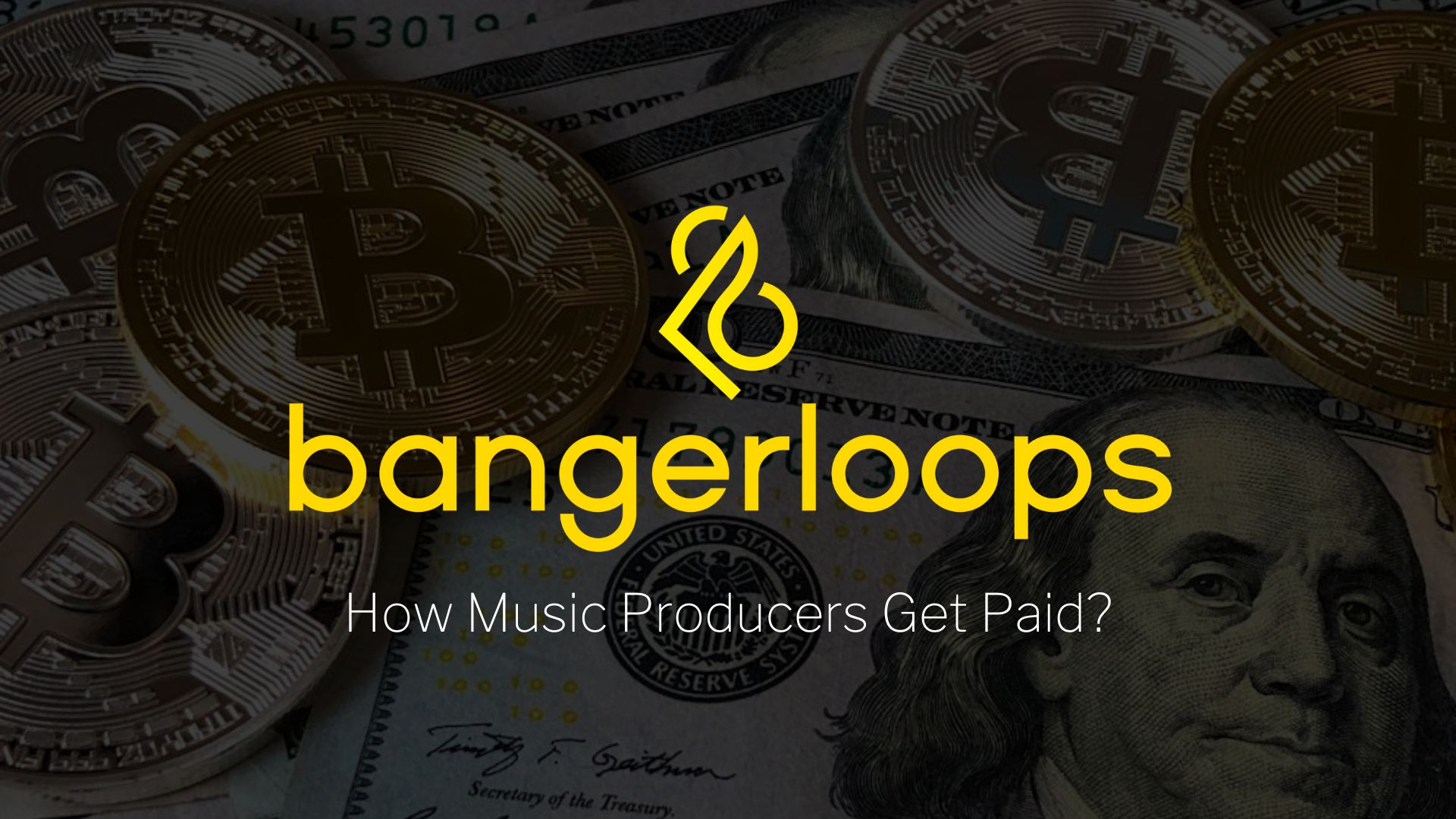Introduction
Navigating the world of music production can be lucrative, especially when it comes to hit songs. However, for beginners, understanding the intricacies of how producers make money can be overwhelming. In this article, we’ll delve into the key aspects of earning money as a music producer, answering crucial questions such as collecting royalties, dealing with beat theft, and determining the financial potential of a hit.
Table of Contents
Legal Foundations: Your First Hit Song

When you land your first hit song, the initial step involves the label requesting your legal information, including your name, address, and identifiers like DMI and ASCAP numbers. Having a lawyer during this phase is crucial, providing expertise in negotiations and ensuring you aren’t taken advantage of by the label. Industry-standard terms for agreements are essential to avoid unfavorable deals.
Negotiating Terms and Advances
Negotiating the terms of the agreement is a critical phase. A good lawyer can act as your representative, pushing for favorable terms without jeopardizing your relationship with the label. Regarding advances, a starting point for a newer producer with a major placement should be at least $2,000. Understanding the percentage split on publishing is vital, with artists and producers typically sharing 50%.
Master Side and Publishing Royalties

Distinguishing between the major label side and independent side of Master royalties is key. Major label percentages range from 2 to 5%, while independent producers might secure 10 to 16%. Avoiding the pitfalls of signing away Master royalties and publishing ownership is emphasized. Handling samples involves disclosing details to the label for proper clearance.
Taking Action: Stolen Beats and Legal Measures
If your beat is stolen and released without permission, prompt action is necessary. Seeking copyright protection through platforms like cosign.docomo and utilizing DMCA takedowns on major platforms are recommended steps. For producers without legal representation, filing a copyright claim through platforms like CCV is a viable option.
Getting Paid: The Process Unveiled

Once the contract is signed, additional steps are needed to receive your advance payment. Providing a signed tax form and a well-crafted invoice is standard practice. Expect payment via bank transfer, varying from a few days to a few weeks. Understanding the timeline for getting paid, which can range from 6 to 9 months, is crucial for financial planning.
Registering Your Song: Maximizing Royalties
Properly registering your song is essential for maximizing royalties. Distinguishing between Master and composition royalties is crucial. Registering with performance rights organizations like BMI or ASCAP, signing up with Sound Exchange, and obtaining a publisher, such as BeatStars Publishing, ensures comprehensive royalty collection.
Common Misconceptions and Pitfalls
Dispelling misconceptions about relying on others to handle your publishing and the downside of holding out for a big publishing deal is essential. The article emphasizes the importance of claiming and moving your money, showcasing financial success to gain leverage in potential deals.
Conclusion: Mastering the Business of Music Production
In conclusion, navigating the complex landscape of music production and ensuring you get paid for your contributions requires legal acumen, proactive steps, and strategic registration of your work. By understanding the nuances of royalties, negotiating favorable terms, and dispelling common myths, you can master the business of music production and maximize your financial returns.
Join the Community:
Have you faced challenges in navigating the music production business? Share your experiences and insights in the comments below. What advice would you give to aspiring producers entering the industry? Let’s build a supportive community where knowledge and expertise are shared.
Quote of the Day:
“Success in music production is not just about creating hits; it’s about mastering the business side of the industry.”





